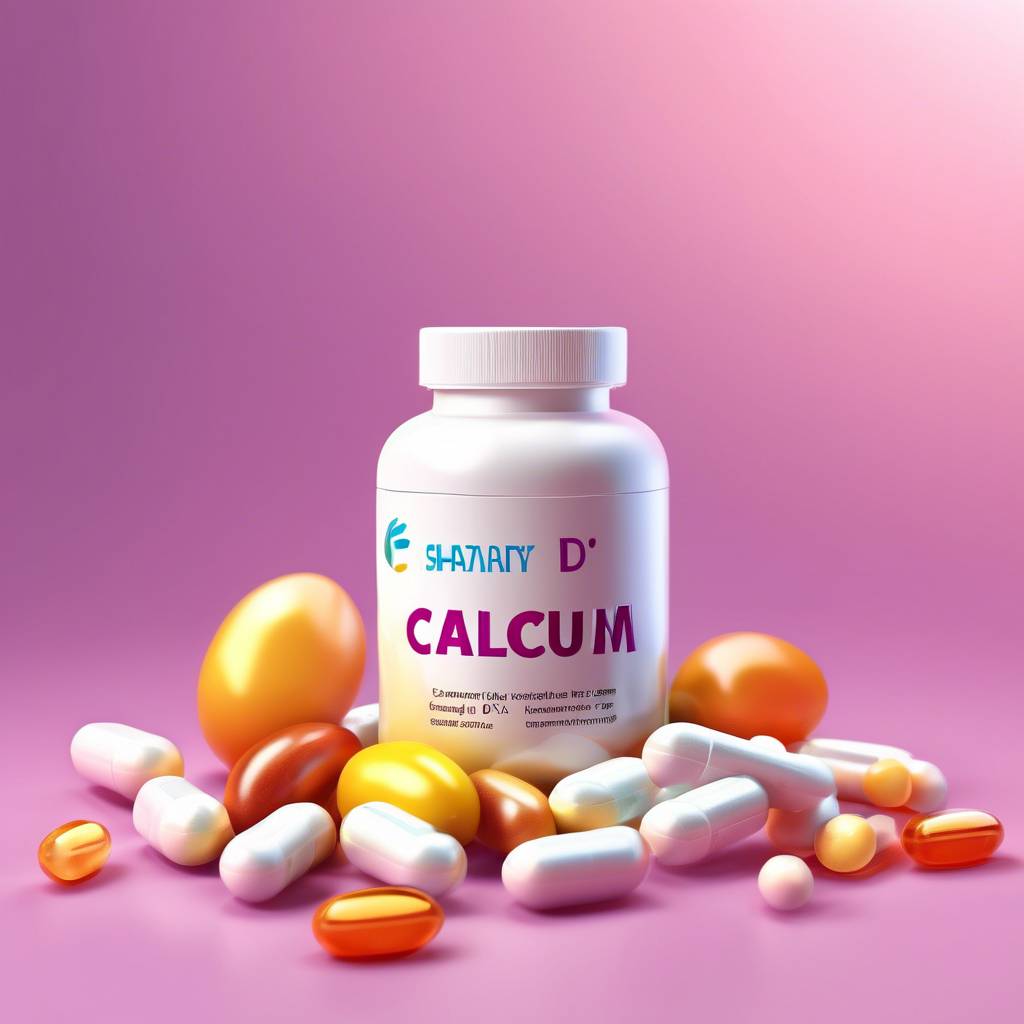Research suggests that calcium and vitamin D supplements may reduce the risk of cancer deaths in postmenopausal women but may also increase the risk of death from cardiovascular disease. Calcium and vitamin D supplements are often recommended for postmenopausal women to prevent bone loss, but experts caution that the research should be interpreted carefully. Women should discuss with their doctor whether they should take these supplements to reduce their risk of cancer deaths by about 7%, although there is a potential increase in risk of death from cardiovascular disease by 6%.
The study conducted by researchers from the University of Arizona analyzed the largest randomized trial of calcium and vitamin D supplementation in over 36,000 postmenopausal women. The results indicated that women who took these supplements had a lower risk for total cancer, including colorectal cancer and invasive breast cancer. However, the study authors acknowledge that the results should be interpreted cautiously due to the study design and the inability to fully identify the benefits or harms of supplementation with calcium and vitamin D in combination versus vitamin D alone.
Dr. Howard Hodis, an internal medicine specialist, points out that the reduction in cancer risk among the study participants could be influenced by various factors. Previous observational studies have suggested that taking calcium supplements may increase the risk of cardiovascular disease-related events, particularly for those consuming more than 1,400mg of calcium daily. Estrogen levels decrease during menopause, impacting calcium absorption and increasing urinary calcium loss, leading to bone mineral density loss of about 1% annually in postmenopausal women.
Dr. Leah Millheiser emphasizes the importance of protecting women’s bone health during menopause and beyond, as osteoporosis fractures can be life-threatening later in life. Hormone replacement therapy may be beneficial for some women, along with calcium and vitamin D supplementation. Dr. G Thomas Ruiz suggests a combination of weight-bearing exercise, calcium and vitamin D supplementation, and hormone replacement therapy where appropriate to slow down the loss of calcium from the bone. The Arizona study builds on previous research linking higher vitamin D levels with reduced cancer mortality, particularly in individuals with certain types of cancer.
Experts advise women to stay active, quit smoking, maintain a healthy diet, and discuss the appropriateness of supplements with their healthcare provider during and after menopause. Each woman’s medical history and risk factors should be carefully considered when determining whether calcium and vitamin D supplements are beneficial for her. Prioritizing individual health needs and making informed decisions in consultation with healthcare providers can help women navigate the complex factors involved in managing their health during and after menopause.









